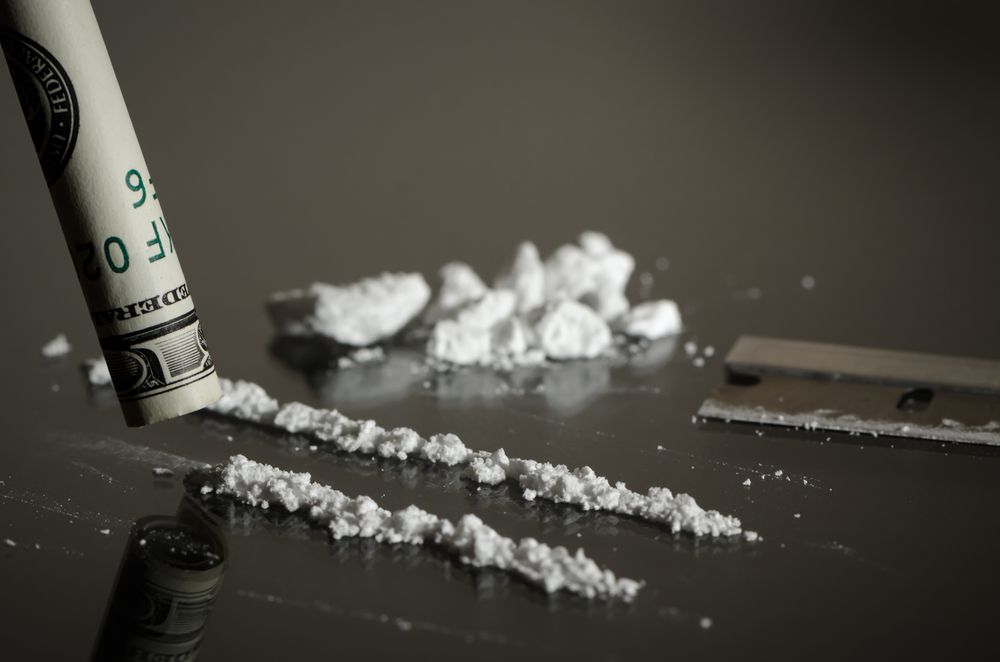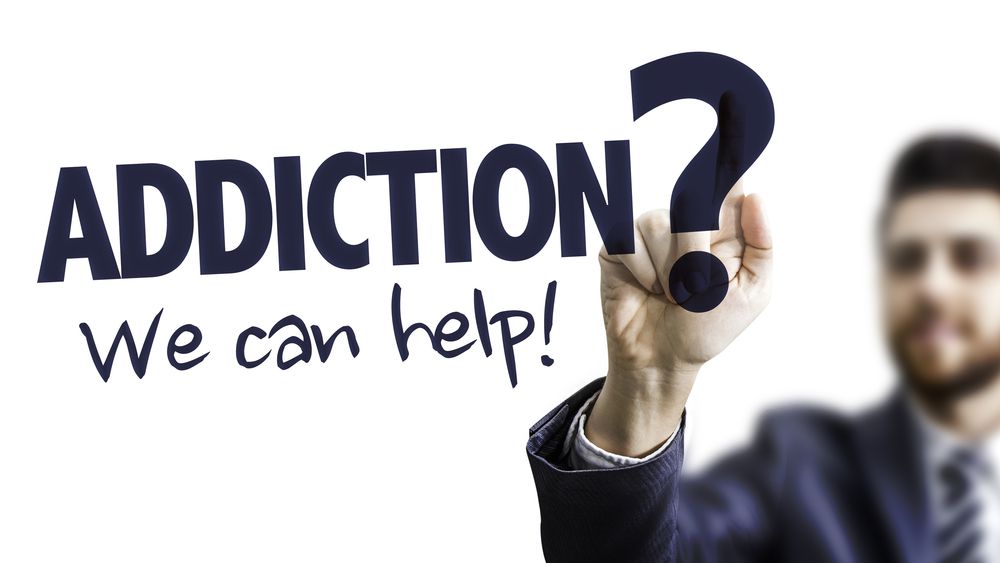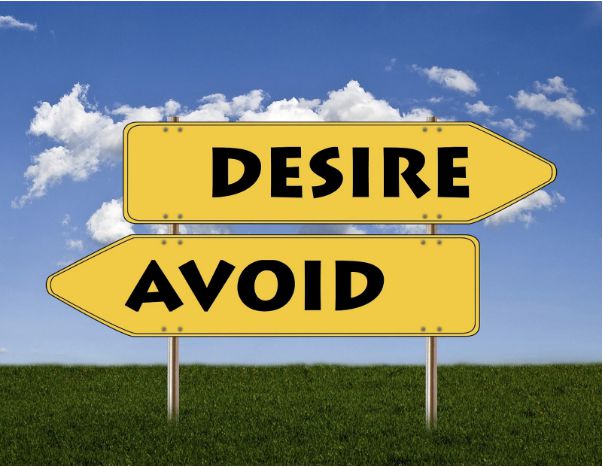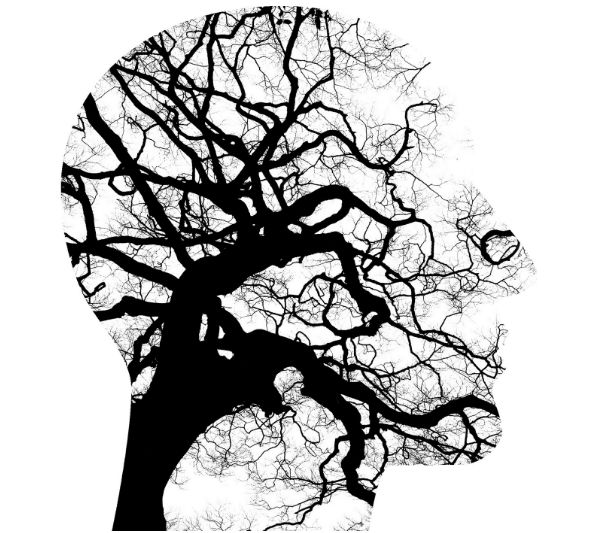The end of addiction rehab is a momentous occasion. However, it also raises the question of how to prevent addiction relapse. As you graduate from your inpatient addiction treatment program, you are filled with a sense of accomplishment – and you should be. You have worked hard to mend your relationships and explore the causes lying beneath your addiction. And if you did not attend an inpatient program, you have resisted the urge to give in to cravings, and you have managed to avoid addiction relapse.
While you have earned the right to feel great about what you have accomplished, it is important for you to recognize that this is not the end of your journey. The end of addiction treatment is the beginning of the rest of your life in the outside world – a place where you will not be protected from relapse triggers, and where you will have easy access to the substance you once relied on.
Accept That Transitioning From Rehab To Life May Be Difficult
Inpatient addiction rehab makes it very easy for you to not use drugs or alcohol. You are in a place where you do not have access to your substance of abuse. Nor are you spending time with the people you used to use drugs with. You are completely removed from the stresses of daily life, and you are in a place where you can completely focus on your recovery.
Even if you are recovering with the help of an outpatient addiction treatment program, you have some protection. You have a daily schedule that you are expected to follow and people to check in with each day. While you are not as isolated from life as those in an inpatient rehab program, just having a routine to follow may be enough to keep you from using drugs or alcohol. Part of preventing an addiction relapse is understanding the peculiarities of the situation.
It is no wonder, then, that when addiction treatment ends, your risk of relapse is at its highest. When you go back to your real life, you may feel overwhelmed by the fact that you suddenly have to assume old responsibilities, talk to people who may have had a negative impact on your life, and go to places that you associate with your period of active addiction.
But if you can get through that first month post-treatment, your risk of relapse drops sharply, and it continues to steadily decline with each passing week.
Related article: 8 Signs Of Addiction Relapse
Continue Some Of Your Rehab-Era Support
One of the problems with leaving rehab is that you are also leaving behind your therapy, your education workshops, and your group supports.
But if you talk to your rehab facility, they may be able to connect you with services and supports in your area that can help continue with the work you started during your addiction treatment program. These support services can be crucial to helping you prevent addiction relapse.
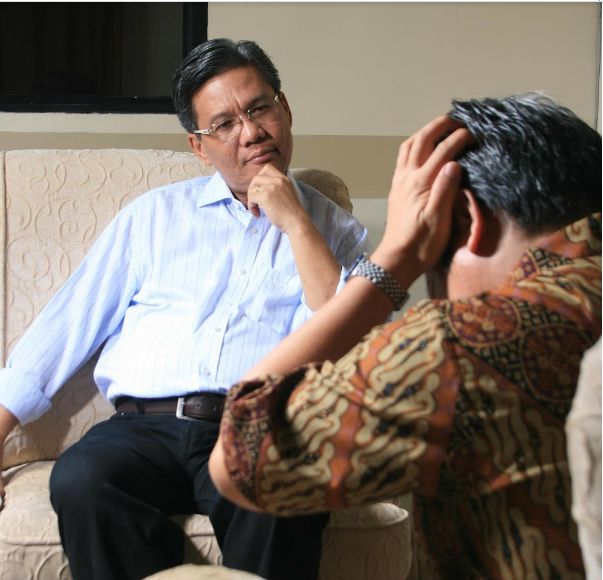
Examples of supports that you should consider continuing include the following:
Individual therapy
Some of the issues that you delve into during addiction treatment can take a long time to fully explore and resolve – a lot longer than the typical rehab stint. Most communities have several therapists for you to choose from.
If you live in a small community with limited options, or if you have a disability, illness or condition that prevents you from seeing a therapist in person there is a growing number of digital options that you can explore.
12-step programs
Initially created to help recovering alcoholics in the 1930s, 12-step programs are one of the most successful tools for maintaining sobriety. There are several reasons for this: you have some specific steps to carry out, which can give you a sense of purpose and closure while contributing to your healing and that of your loved ones.
Furthermore, it gives you access to a group of people who, while they have their own unique stories, can empathize with what you are going through. As you strive to cut off former friends who were a force of negativity in your life, you can replace these connections with ones that are rooted in recovery and positive goals.
Healthy living programs
Exercise and nutrition are a big part of many rehab programs because addiction robs you of physical health as well as mental health. By staying healthy, it is easier for you to achieve dopamine boosts in natural ways, meaning you do not need to use drugs.
Join a gym, maybe get yourself into some personal or group training sessions, and have a consultation with a nutritionist.
Yoga and meditation
Yoga and mindfulness techniques are increasingly used in addiction rehab. More importantly, they are effective tools for addiction relapse prevention.
Both of these can easily be continued when you return to the real world. These pursuits can go a long way toward keeping your body and mind connected.
Embrace What Technology Has To Offer
There is a lot of material available on the Internet that can point you in the direction of preventing addiction relapse. In fact, you can supplement the support you get from other sources with this content. This includes:
- Groups on social media platforms like Facebook and Instagram
- Educational sessions in the form of audiobooks, podcasts and YouTube videos
- Apps to track sobriety, when and where you can find 12-steps meetings, and how much money you have saved by not using drugs or alcohol
- Online therapy sessions that are run via instant messaging or video
Find A Non-Related Interest
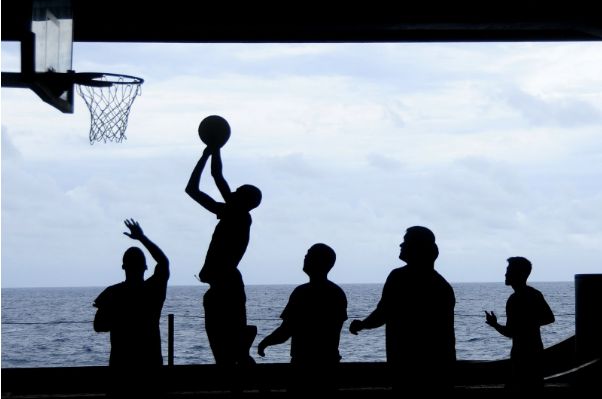
By joining a sports team, taking classes or participating in community events, you can find people to talk to who have nothing to do with the world of addiction or recovery.
Your 12-step friends are, in all likelihood, going to be an essential part of your life for years to come, but having friends outside of that community can help you find balance and regain a sense of independence that you may have lost. Sometimes, this makes all the difference in preventing addiction relapse.
If You Fall Off The Wagon, Just Get Back On
A lot of people believe that if a recovering addict suffers a relapse, their addiction rehab has failed. This is not the case at all. Many life-improvement journeys include setbacks. Someone who is training for a marathon will miss a run, or someone who is on a weight-loss plan will eat a chocolate bar. The same goes for drug and alcohol recovery: if you suffer a relapse, it does mean failure, it is just a setback. Learn from it, identify what the trigger was so you can avoid it, and simply try again.
And remember – the longer you go without using drugs or alcohol, the less likely you are to experience a relapse. This means that every day you are becoming stronger.
Call 1000 Islands Addiction Rehab & Treatment Centre for addiction treatment programs.
Related article: How To Prevent Addiction Relapse
